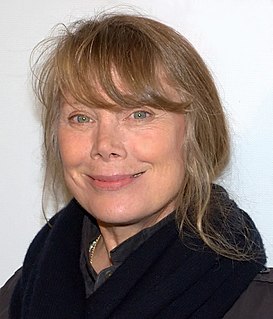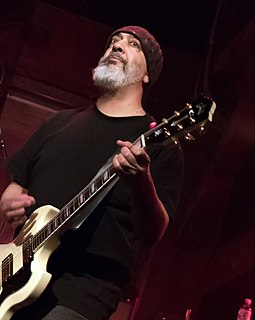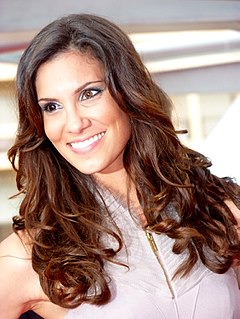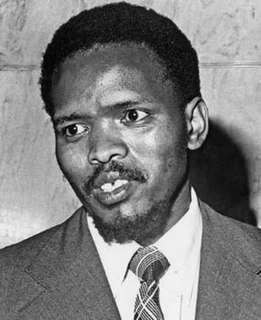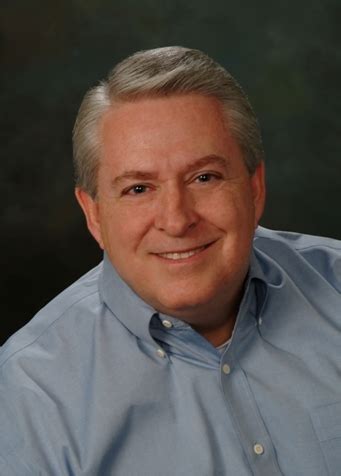A Quote by Sissy Spacek
My parents were devoted. Civic minded. We had family counsels. Three of us children against two of them. We lived a 'Leave It to Beaver' time.
Related Quotes
There're the causes where people are like, "What can you do for us? You guys have success and stature; you can make money for us and at the same time present yourselves to the public as altruistic and civic-minded." So it's an exchange. I don't mind looking altruistic and civic-minded if we're actually being that way.
I think women bring a different perspective and that we tend to be more collaborative in our approach. I served in the Iowa Senate back in the '90s, when there weren't a lot of us. At the time, I think there were five or six women, and two or three of them were Republicans and two or three were Democrats.
They had each other and there was a love between them that would withstand anything. Alina and I had always intuited, with no small wry pique, that, although our parents adored us and would do anything for us, they loved each other more. As far as I was concerned, that was the way it should be. Kids grow up, move on and find a love of their own. The empty nest shouldn't leave parents grieving. It should leave them ready and excited to get on with living their own adventure, which would, of course, include many visits to children and grandchildren.
At the time of his death, Biko had a wife and three children for which he left a letter that stated in one part: “I've devoted my life to see equality for blacks, and at the same time, I've denied the needs of my family. Please understand that I take these actions, not out of selfishness or arrogance, but to preserve a South Africa worth living in for blacks and whites.
God is not calling us to win the world and, in the process, lose our families. But I have known those who so enshrined family life and were so protective of "quality time" that the children never saw in their parents the kind of consuming love that made their parent's faith attractive to them. Some have lost their children, note because they weren't at their soccer games or didn't take family vacations, but because they never transmitted a loyalty to Jesus that went deep enough to interrupt personal preferences.
And last, my mom. I don’t think you know what you did. You had my brother when you were 18 years old. Three years later, I came out. The odds were stacked against us. Single parent with two boys by the time you were 21 years old. Everybody told us we weren’t supposed to be here. We went from apartment to apartment by ourselves. One of the best memories I had was when we moved into our first apartment, no bed, no furniture and we just sat in the living room and just hugged each other. We thought we made it.
